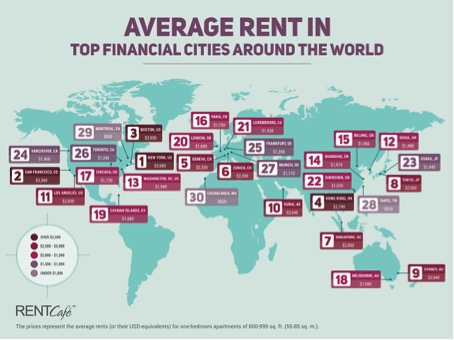Government Aware that Letting Agent Fee Ban will Increase Rents

Government Aware that Letting Agent Fee Ban will Increase Rents
As the Government releases its consultation paper on banning letting agent fees charged to tenants, the document confirms that ministers are aware the ban will increase rents.
On Friday, the Government launched the consultation, with a request for feedback. The ban will prohibit letting agents from charging fees to tenants.
The document also confirmed that landlords would be banned from charging tenants any form of letting fee, to ensure that they do not pass on the costs.
As it is believed that the fees will instead be charged to landlords, many fear that they will be forced to increase rents to accommodate the higher costs.
The Managing Director of StudentTenant.com, Danielle Cullen, is frustrated that the consultation acknowledges that rents will be pushed up.
She reacts to the announcement: “So here we have it, the release of the consultation for the ban on letting fees, and it’s brutal for agents.
“Oh how foolish the Government is to think it is going to help tenants to save money. The contradiction in the paper is incredible; after pages relating to the fairness of fees, later there is a part called Increase in Rents! It is clearly acknowledged that landlords will be increasing their rent to account for the additional costs they will have to pay. But this is okay because tenants are able to pick the rental bracket that suits them better? Surely tenants will end up in sub-standard properties, or homeless because they can’t afford the increased rent, in a market that is already going crazy.”
She continues: “Tenants will end up paying more over the course of the year as rental prices hike and landlords can comfortably increase their rents – probably higher than the cost of the additional fees they will have to pay. All this does is increase the monthly cost for tenants, and this is going to hit students hard. Students struggle as it is to pay their rent and keep up with their bills whilst studying, and now they will be faced with increased costs every month, instead of being able to pay one lump sum and get it out of the way. I completely agree that something needed to be done about agent fees that were spiralling out of control – I was shocked to uncover the extortionate fees charged by some after some research following the announcement last year. However, the Tories just seem to be going about it in completely the wrong way.”
Do you think you will have to increase rents to accommodate the higher costs? Or will you stop using your letting agent altogether?










